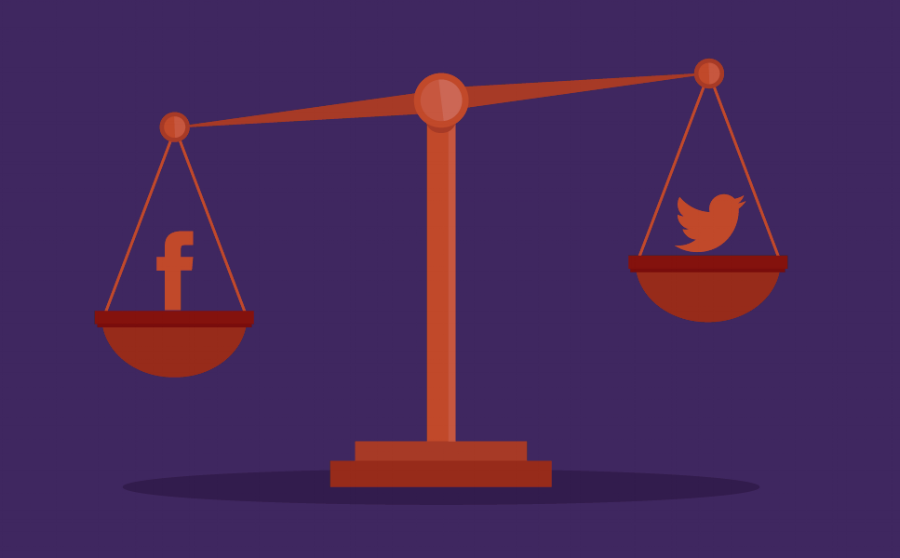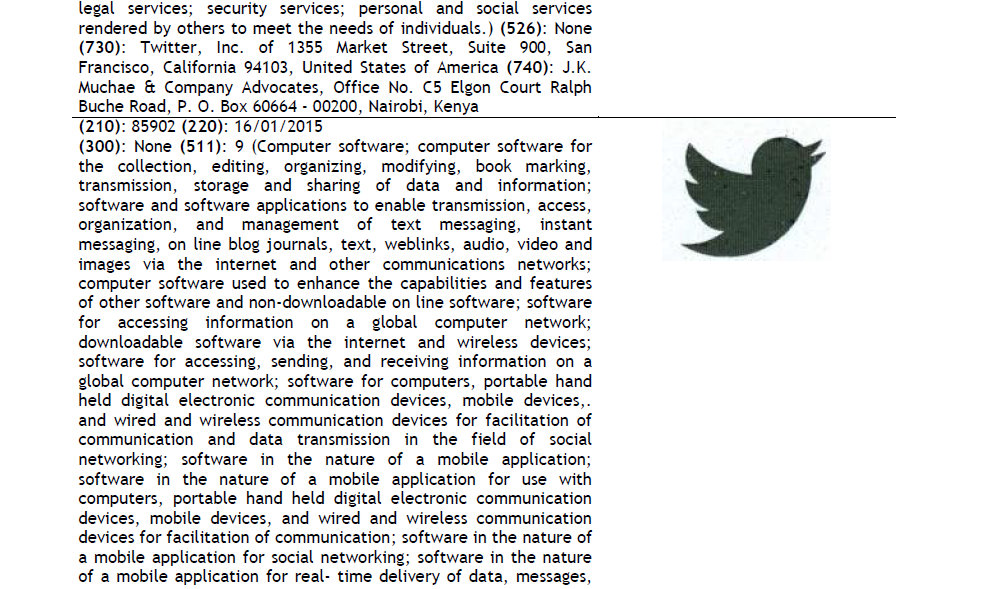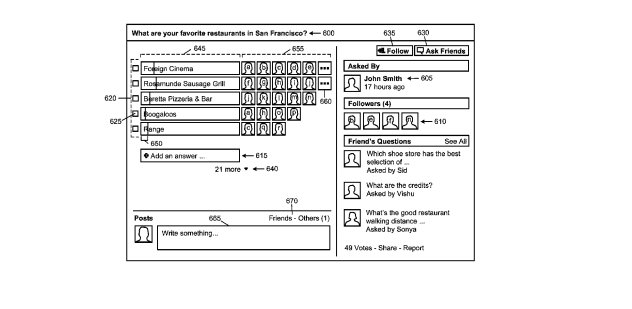Intellectual Property in Kenya: Protection of Social Media Platforms
- Victor Nzomo |
- September 1, 2017 |
- CIPIT Insights,
- Intellectual Property,
- Social Media and the Law

This semester I spoke to the 3rd Year Strathmore Law Class on the topic of Social Media. Being an intellectual property law class, I divided up my presentation into several key areas. Firstly, social media as the subject matter of IP, which will be the focus of this blogpost. Secondly, IP in Social Media with a focus on the question of intermediary liability. Thereafter I considered IP advantages and disadvantages of social media before concluding by looking at two case studies from Kenya.
The technology companies that have created the various social media platforms have protected them using industrial property as well as copyright and related rights. Under the industrial property branch, the social media tech companies have employed a combination of trade marks and patents to protect proprietary aspects of their respective platforms.

With regard to trade marks, the most common classes are Class 9: “Computer Software”, Class 35: “Advertising”, Class 36: “financial affairs; monetary affairs”, Class 38: “Telecommunications”, Class 41: “Education; providing of training; entertainment”, Class 42: “Scientific and technological services and research and design relating thereto” and Class 45: “Personal and social services rendered by others to meet the needs of individuals”. The marks registered include words and devices (logos). Some examples sourced from the CIPIT Trade Marks Database include: KE/T/2016/90632 (with respect to facebook’s ‘f’ logo), KE/T/2016/93224 (with respect to the word “Linkedin”), KE/T/2015/85902 ( with respect to the “Twitter Bird” device) and KE/T/2015/85901 (with respect to the word “Tweet”).

With regard to patents, there are a number of granted patents directed to social media platforms. Interestingly it appears that there are no patents registered in Kenya with Kenya Industrial Property Institute. For instance, US Patent No. 8612529 is titled “Method and System for Suggesting Messages and Accounts from a Real-Time Messaging Platform. This is an invention owned by Twitter, Inc. Another example is U.S. Patent No. 8650252, issued under the title “Instantaneous Recommendation of Social Interactions in a Social Networking System” (pictured above). This is owned by Facebook, Inc. Aside from industrial property, social media tech companies own a vast collection of copyright works both in the form of work for hire and user-generated content. These works are largely artistic works, literary works, musical works, sound recordings and audio-visual works.
With the above background, it will be important to consider the exact nature of the interrelationships between social media tech companies, social media users and third parties. In previous posts here, we have explored this nexus largely in the context of media and defamation law, freedom of expression, criminal law and broad constitutional law issues. However in the case of IP, it is worth noting that most social media tech companies have sought to insulate themselves from IP claims and disputes by relying on an intricate layer of contracts, licenses and agreements as well as other rules and codes of conduct. We will examine these in Part 2 of this blogpost series.
